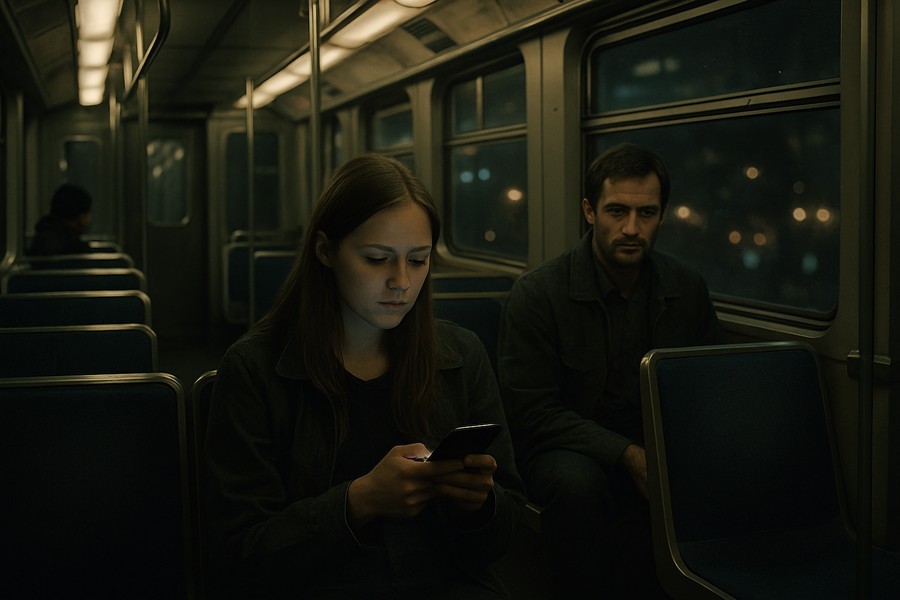
Tragic Intersection of Two Lives: A Ukrainian Refugee and a Man with a Troubled Past
An ordinary transit trip turned fatal for a young woman who had recently escaped the perils of war in her homeland, only to meet a tragic end in a city she had adopted as a safe haven. This is the story of a 23-year-old Ukrainian refugee's fateful encounter with a man with a troubled past, on a late-night train ride in a city a few miles from downtown.
Her name was Iryna Zarutska, a hard-working young woman with a love for art and an unquenchable thirst for a peaceful life. She was enjoying her usual commute, engrossed in her phone, completely unaware of the imminent danger sitting right behind her.
The Unsettling Encounter
Just four minutes into her journey, the man sitting behind her, Decarlos Brown, took out what seemed to be a knife from his clothes. In a swift motion, he fatally attacked Zarutska, who fell to the ground clutching her face and neck. Despite attempts from fellow passengers to assist her, Zarutska succumbed to her injuries on the train. Brown was later arrested and charged with first-degree murder.
The shocking incident, captured on video, has sparked a nationwide debate. The attack, along with Brown's extensive criminal record – which includes convictions for armed robbery, larceny, and breaking and entering – have been highlighted by conservative politicians and the Trump administration as evidence of the escalating violent crime in Democrat-led cities across the country.
The incident has been used as a justification for the deployment of federal troops to various cities, with President Donald Trump threatening to send the National Guard to Chicago. The President referred to Brown as a "career criminal" and emphasized the need for law and order in every state, asserting that only Republicans could deliver it.
Failed by the System
However, Charlotte's Mayor Vi Lyles and Brown's family argue that the tragedy is a consequence of the court system's failure. Despite Brown's history of mental illness and criminal records, he was allowed to return to the community. They believe that both the criminal justice and healthcare systems failed Brown.
Zarutska had fled Ukraine to avoid violence, but tragically faced it in her new home. On the other hand, Brown's family members consider him a victim of the system's shortcomings.
A Life Cut Short
Zarutska, who held an art and restoration degree from a college in Kyiv, was a homebody who loved being surrounded by family and friends. She left Ukraine six months after Russia's invasion to escape the war. Despite experiencing the daily terror of bombings and living in constant fear, Zarutska embraced her new life in Charlotte.
Her dream was to become a veterinary assistant, and she often took care of her neighbors' pets. She was working towards independence, learning to drive, and in the meantime, she used the train for commuting.
A Struggle with Mental Health
Meanwhile, Brown, who was homeless and living in a local shelter, had a history of battling mental health issues. He had been diagnosed with schizophrenia and had spent over five years in prison for robbery with a dangerous weapon. His sister believed he had a drastic mental breakdown the night of the attack.
Despite efforts from his family to get him help, they were unsuccessful due to legal barriers. Brown believed the government had implanted a chip in him and made repeated claims about a "man-made" material controlling his actions. He was also charged with misuse of 911 after expressing his concerns to the officers, who dismissed them as medical issues.
His family believes that the incident was the result of a mental breakdown. Brown later claimed that he attacked Zarutska because she was reading his mind.
The tragic intersection of Zarutska's and Brown's lives on that fateful train ride has left a profound impact on their families and the community. It has also sparked a national conversation about mental health, the criminal justice system, and the state of safety in our cities.
